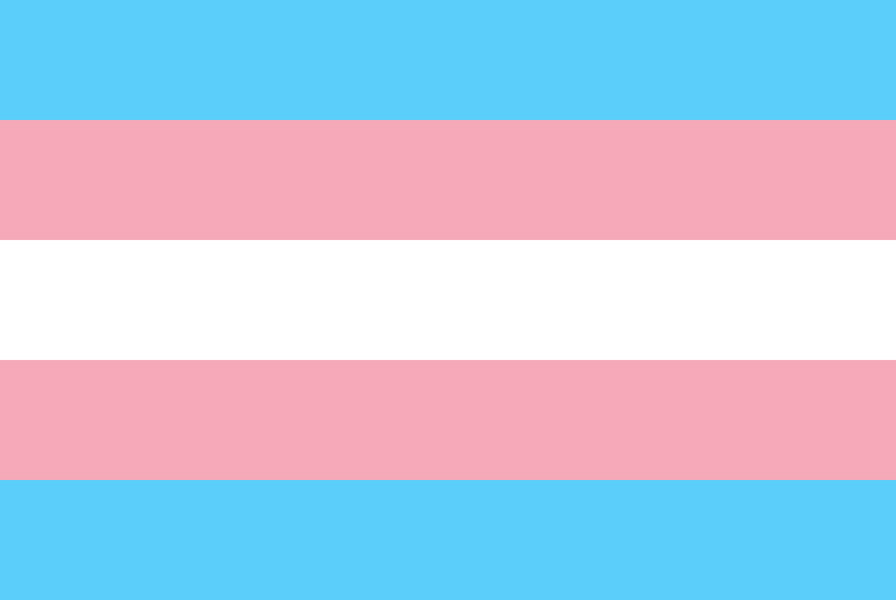What does aging mean to you? It probably means something very different to a trans person.
We see a barrage of TV commercials for retirement communities with happy people playing bridge or Mahjong. There are also endless ads for electronic equipment that will automatically call for help if you slip and fall. Other ads feature youthful-looking elders enjoying beach resort vacations in the Caribbean sunshine.
All of this is very nice, but these are alien pictures to the vast majority of older trans people for whom the prospect of aging is a daunting one. Those who have survived to what others in the cis-gender community think of as “retirement age” grew up at a time when discrimination was the rule. Due to bullying, harassment, neglect and violence, many trans people fled the school system in their teens and, unable to find any kind of employment, were driven by poverty into survival sex, substance abuse and, almost inevitably, HIV infection.
Having lived lives of deprivation starting with unemployment in their early years, for trans individuals, the prospect of aging can be terrifying. In the trans community, it is not uncommon to hear the phrase, “waiting for death.”
It should come as no surprise that trans people age faster than their non-trans counterparts. They are plagued by illness and poor nutrition — the consequences of long-term poverty. Their medical needs have rarely been met due to discrimination and a shocking lack of cultural competence on the part of providers. Mental-health issues are common and suicide rates in this population are well above the national average. Many live out the last chapters of their lives in substandard housing, alone and alienated from the friends and families they once had, including friends in the LGBT community.
It is only in the very recent past that these circumstances have begun to change. That change may be due, in part, to the increase in public awareness about trans people caused by movies and TV shows that include them.
Another catalyst for that change has been organizations like the LGBT Elder Initiative. Created five years ago, the Elder Initiative advocates for the needs of LGB and “T” people so that we can all age successfully. From its inception, the LGBTEI had trans representation on its board of directors. Jaci Adams, an out and proud trans woman of color and a ferocious champion for trans people, served on the board from its beginning. In 2013, in recognition of her tireless advocacy for her community, Adams was awarded the first “OutProud Transgender Award” at that year’s OutFest celebration.
Adams passed in early 2014 and, in further recognition of her long list of achievements, Philly Pride Presents changed the name of the award to the Jaci Adams OutProud Transgender Award. I had the honor of being the first person to receive the award bearing her name.
Deja Alvarez, this year’s Jaci Adams OutProud Transgender Award winner, also recently joined me on the board of the LGBTEI. According to Heshie Zinman, chair of the Elder Initiative, “We are thrilled to have Deja on our board and look forward to her input into the EI’s plans to enhance our advocacy for the trans, Hispanic and other marginalized communities.”
Alvarez is originally from Chicago and is a longtime trans advocate. She is a founding member of Philly’s Trans Wellness Project and Sisterly Love, organizations working to combat violence, police harassment and discrimination against trans women. She now works for GALAEI and its Transgender Health Information Project (TIP), providing help and support primarily to members of the transgender community. These programs, including TIP, are unusual in that they are run by trans people, for trans people.
When she is not working her day job at GALAEI or doing HIV testing at Washington West in the evenings, Alvarez can be found doing outreach work to sex workers, providing support at the Divine Light LGBT shelter and representing her communities on the Philadelphia Police LGBT Liaison Committee.
Like Adams before her, Alvarez is passionate about the devastating effects of HIV infection on the trans community and she has strong views on how it can best be addressed. While accepting the prevention model in part, she is convinced that the only way to really deal with the problem is by breaking the cycle of poverty.
“Unless we tackle the underlying causes of the problem in the trans community, we won’t deal with it,” Alvarez said. “We need to teach people life skills as opposed to survival skills.”
Dawn Munro is a biologist who was born in the United Kingdom and worked in Europe and the United States. She has a long history of social activism and was active in the Gay Liberation Front. A resident of the John C. Anderson Apartments, she serves on the boards of the LGBT Elder Initiative and PFLAG. She was the recipient of the Jaci Adams Out Proud Transgender Award in 2014.
